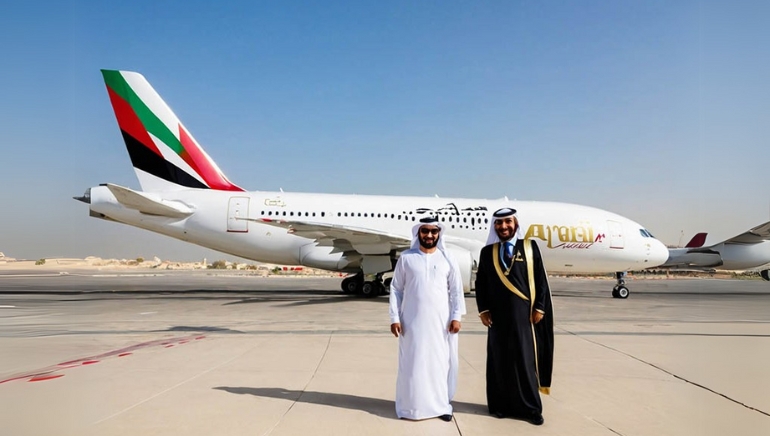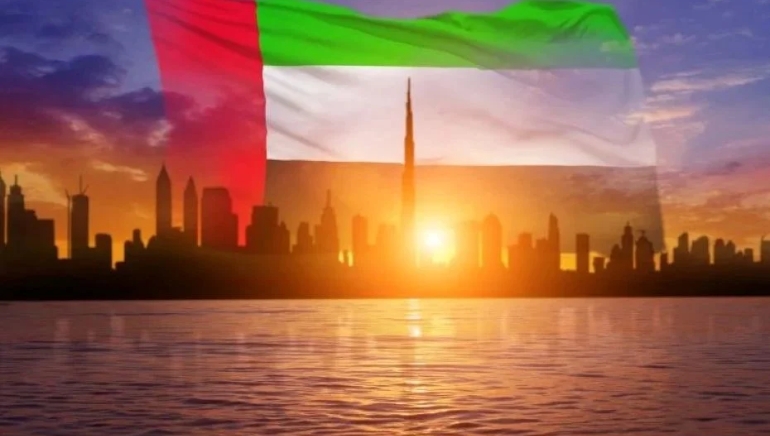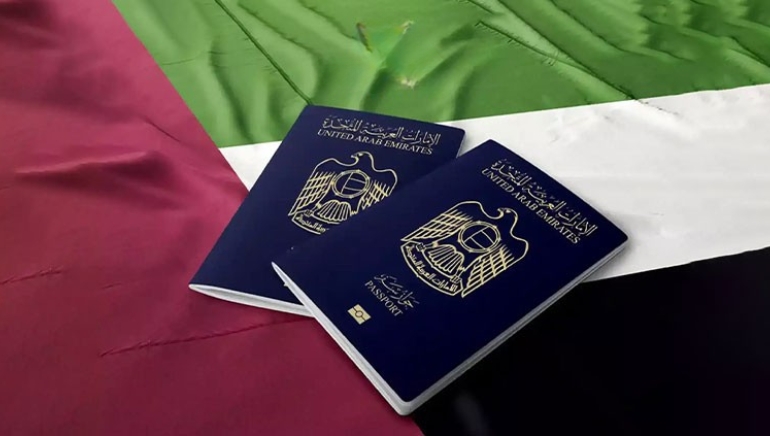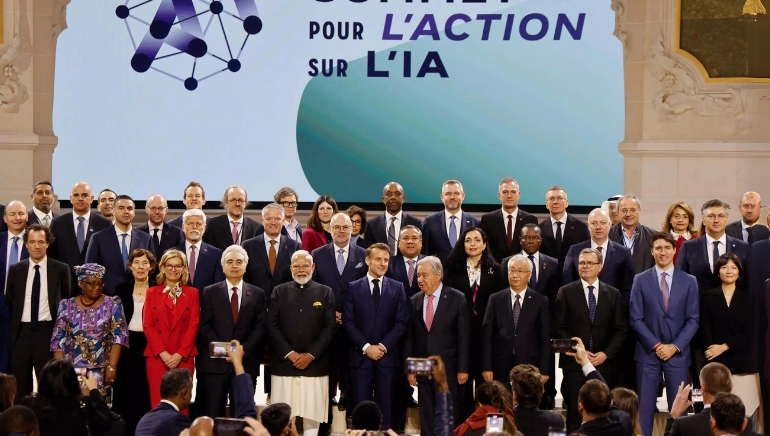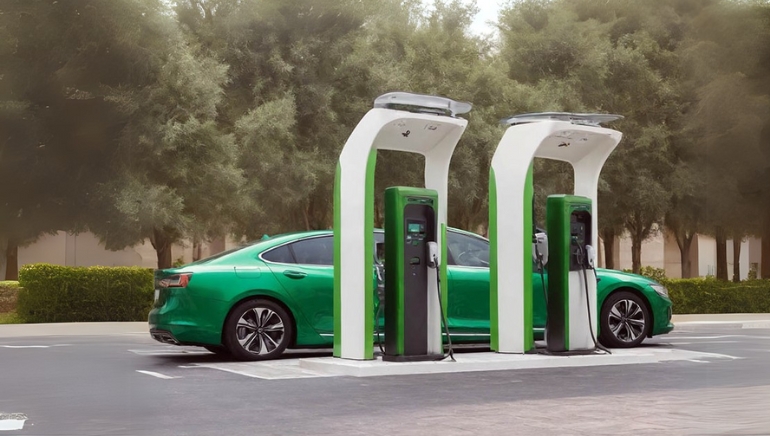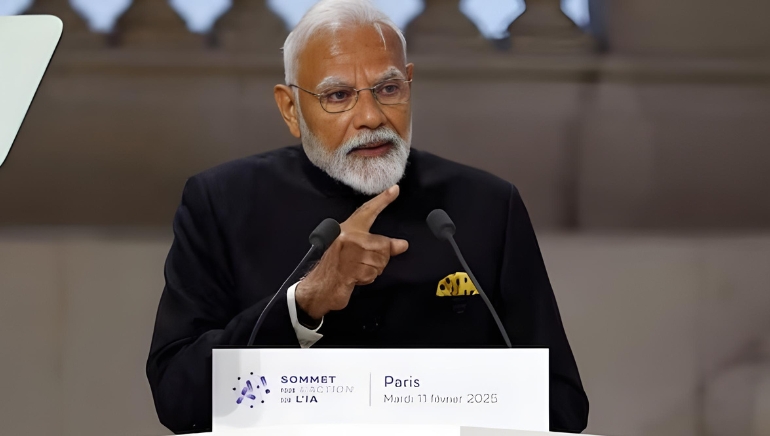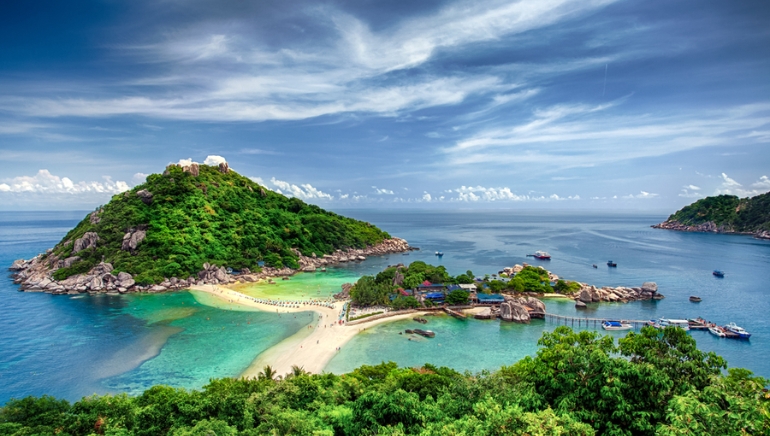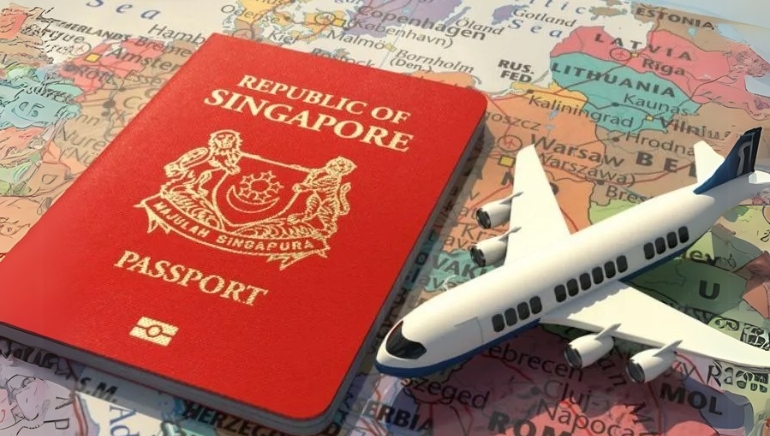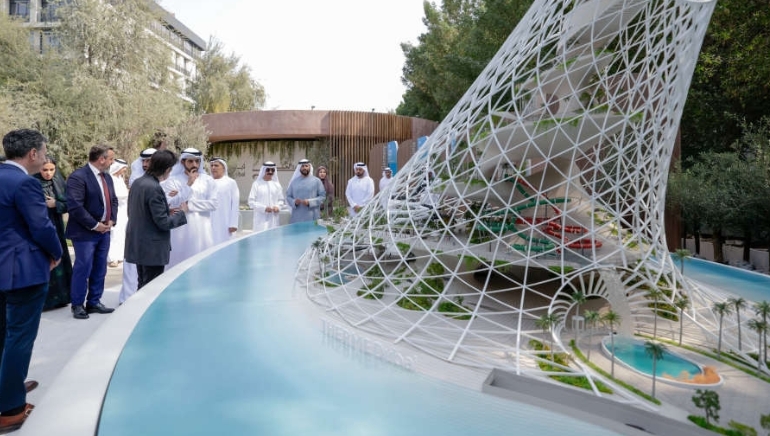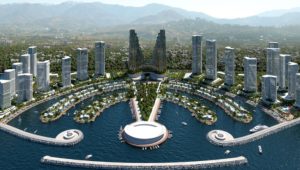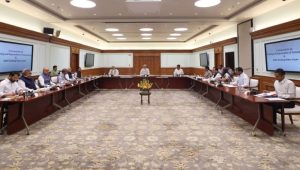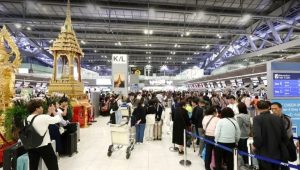Russia is strategically expanding tourist connections with the Middle East, focussing on important markets such as the UAE, Saudi Arabia, Qatar, Oman, and Bahrain. Russia is collaborating with travel industry partners to develop new airline routes, ease visa requirements, and promote bespoke vacation packages to attract affluent Middle Eastern travellers.
Russia has long been a popular tourist destination, owing to its rich cultural legacy and renowned buildings such as the Kremlin and Red Square. However, the recovery from the epidemic has been gradual, pushing the government to focus on courting tourists from economically powerful countries such as the Middle East.
To make travel more accessible, Russia is expanding airline connectivity. Major airlines, like Aeroflot and Gulf Airlines, are starting new direct flights to destinations such as Moscow and St. Petersburg. Furthermore, Russia is increasing visa-free entry, which is already available to UAE citizens, with discussions underway for other Gulf countries.
With the Middle East’s growing thirst for luxury tourism, Russia is an appealing location. Russia hopes to develop itself as a top destination for Middle Eastern travellers seeking cultural, luxury, and winter travel experiences by providing seamless connectivity, streamlined travel procedures, and premium tourism experiences.





